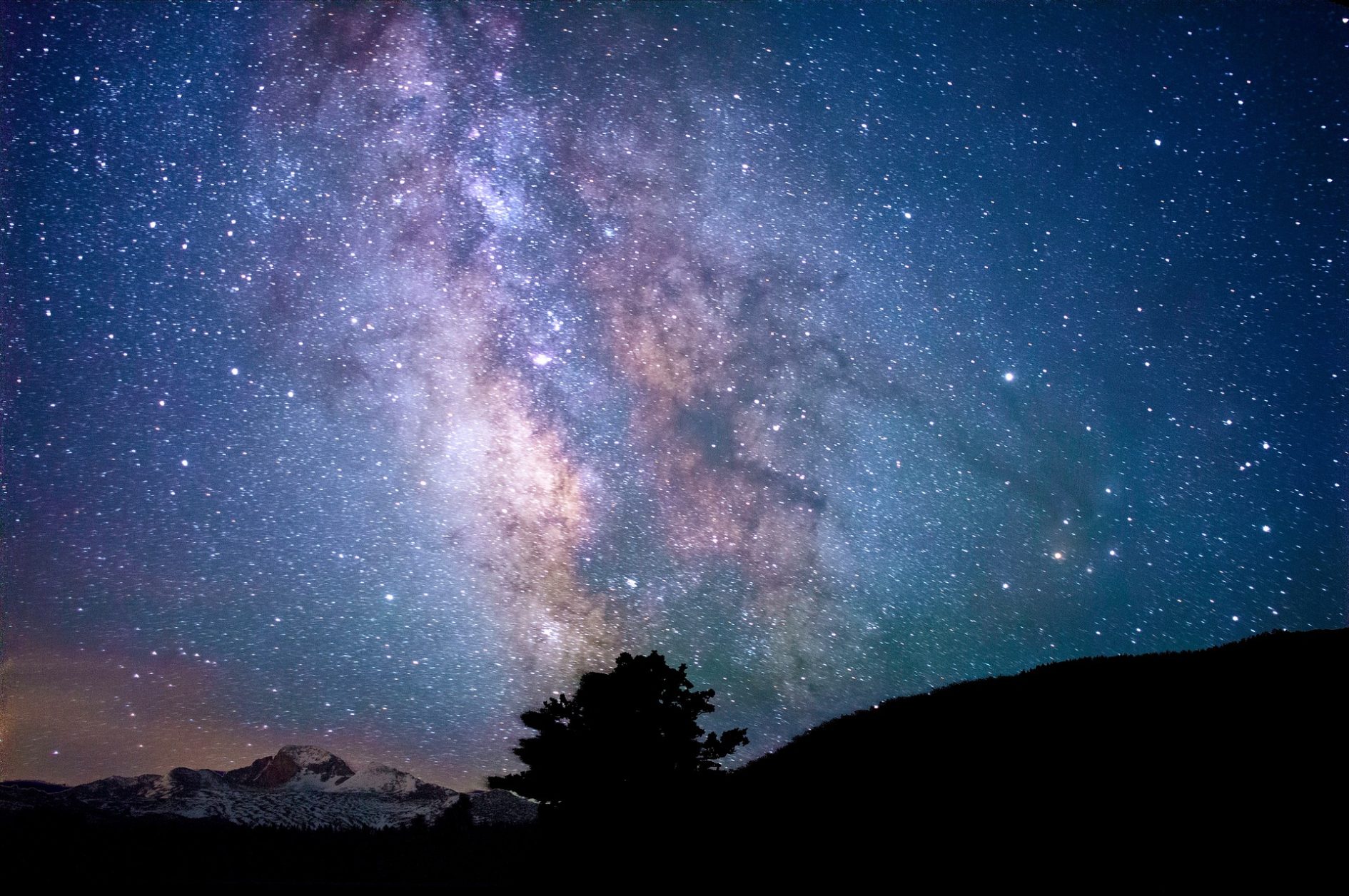There’s a very juicy topic that came up strongly at the most recent restorative activism workshop. It had to do with knowing the truth. I used the saying that I often use: There are three truths, your truth, my truth, and The Truth. I felt the resistance immediately. It had to do with the idea that as activists it’s our job to know and fight for the truth.
This is a big subject that’s hard to do justice to in a short blog post, but it’s worth a try. We have to distinguish here between using our discriminating wisdom and judgment (having our truth) and knowing the ultimate truth. If we think that we really know The Truth we are kidding and limiting ourselves. All of the great spiritual and religious traditions place high value on “not knowing,” on surrender to the mystery that is beyond our comprehension. Buddhism, for example, teaches the importance of beginner’s mind. As Shunryu Suzuki said in his classic book, Zen Mind, Beginner’s Mind: “In the beginners mind there are many possibilities, but in the expert’s there are few.”
Suzuki’s comment shows us the basic shortcoming of the belief that we need to know, or can know, the ultimate truth. Such a stance brings with it a narrowing of perspective, that by its very nature limits thinking, dialogue and possibilities. As activists, if we are satisfied with just stopping the next bad thing, such a position may suffice. But in the context of the Great Turning, where the opportunity and need is for a much more fundamental shift, we need the humility and openness that not knowing brings.
When we hold tightly to any truth we then have to defend it, and that takes a lot of energy. Intelligence and responsibility bleeds over into self-righteousness. I know about this first hand – I used to confuse my truth with The Truth as much as anybody. I think it arose from fear and it kept me busy running laps around the Drama Triangle – going from victim to rescuer to persecutor and back again.
It also takes a lot of energy to engage with people who think they have a lock on The Truth. I know about this mostly from dealing with religious fundamentalists who I happen to be very close to. For me, nothing blocks the flow of communication within a relationship more stubbornly than someone proclaiming to know The Truth when it doesn’t comport with my view of reality. (It’s always someone else who’s the fundamentalist isn’t it?).
The need to know, and the belief that we can, is the source of much of our suffering. We hold on so tight to how we think things are supposed to be and when it doesn’t work out we grasp and cling even tighter, trying to find some solid ground where there just isn’t any.
Not knowing places us in the flow of evolution and the reality we live in, with all its uncertainty and changability. As activists, it allows us to soften the enemy images and resentments that have built up, allowing us to see even those we are most challenged by as fellow travelers. We can still do our jobs, still hold people accountable for irresponsible actions, in fact we can do it even better, more cleanly and with more moral authority, as we limit our own self-righteousness and certainty.
The founder of the Zen Peacemaker Community, Bernie Glassman wrote:
“Living out of not-knowing, we are naked. We go from one situation to the next, one person to another…and we respond to each directly and appropriately….We have no expectations of what will be and how we will feel. We are disarmed, going from one situation to the next, bearing witness.”
Like compassion, not knowing is a part of the new radicalism the historical moment calls forth. It’s not as easy path to walk. More openness means more vulnerability, and we don’t tend to get a lot of points for that in our culture, especially activist culture. The upside is huge though. Not knowing frees us up to be more present, open-minded, flexible and creative. Being more able to see and respond to the actual possibilities of each and every moment is the beauty and power of not knowing.

